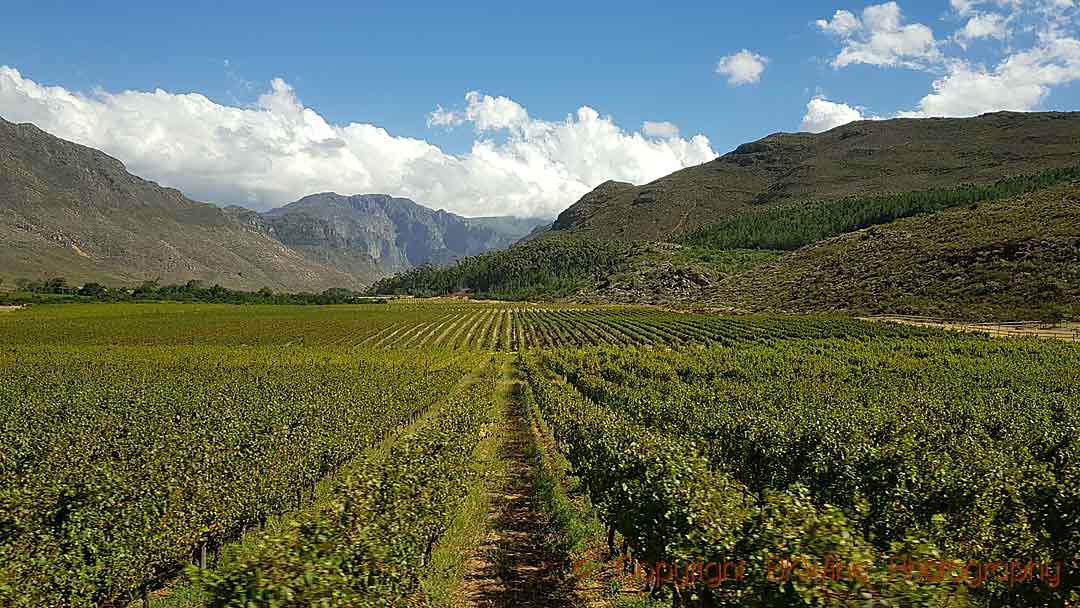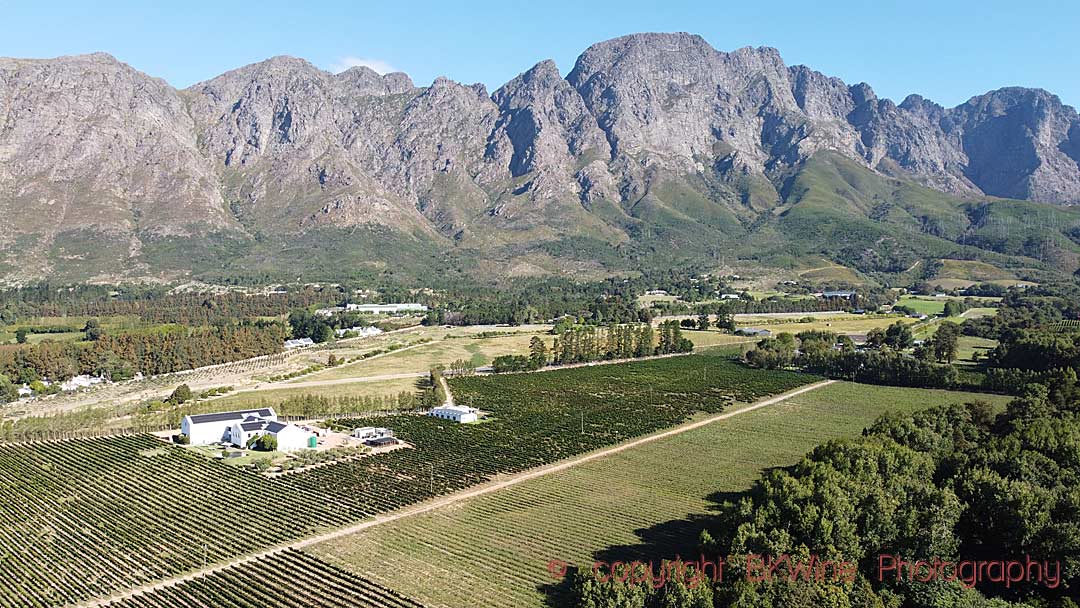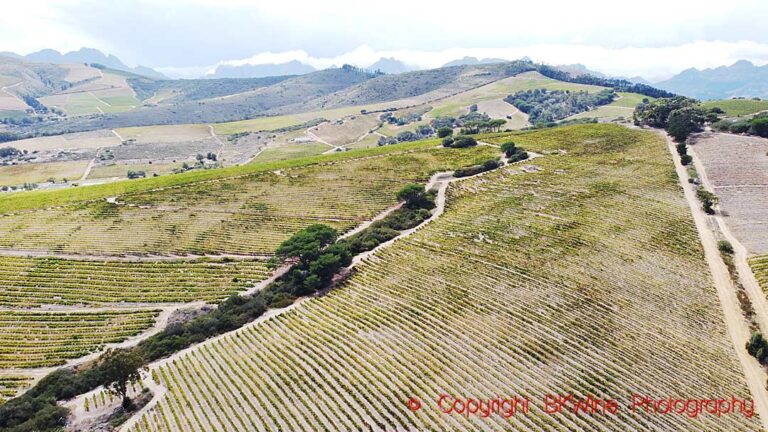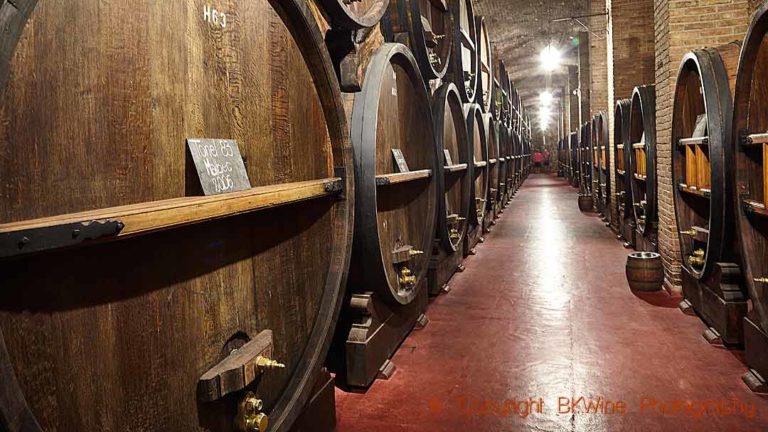The South African wine industry is recovering from the pandemic, but challenges remain. This is according to the latest Outlook report 2023-2032 from the Bureau for Food and Agricultural Policy (BFAP).
In 2022, the surface planted with wine grapes fell below 90,000 hectares for the first time since 1998. This is due, among other things, to low-profit margins for producers.
Only 12% of wine producers in South Africa are profitable, 49% break even, and 39% run at a loss. Grape growers are finding it difficult to make a living from selling their grapes, and many will either uproot their vines or replace old vines with higher-yielding varieties. A perhaps more sustainable way is to try to integrate the grape growers into the value chain in order to increase their income.
Wine stocks increased in 2020 and 2021 due to the pandemic as it occasionally led to alcohol bans. However, the stock levels have since dropped significantly during 2022 and are now at an acceptable level, in part because the country exported a much larger quantity of wine in bulk than what it was aiming for in 2022.
The focus now is to promote South Africa as a producer of exciting premium quality wines. Keeping the wine industry sustainable has major socio-economic benefits.
The wine industry contributes significantly to the Western Cape’s economy, and every single job on a vineyard generates around 10 off-farm jobs, many in the tourism sector.
Read more about the future of the South African wine industry here. bizcommunity
Travel: Come on a wine tour to South Africa with BKWine.













